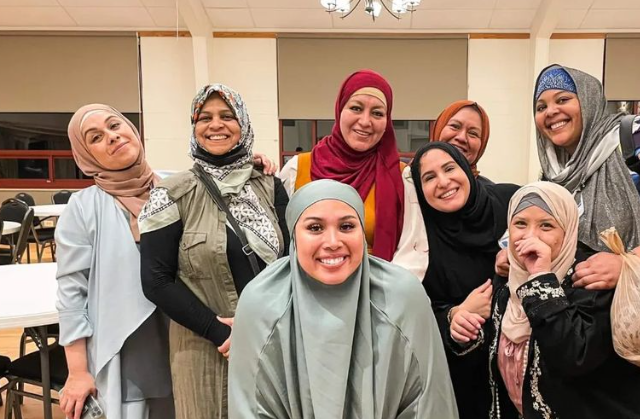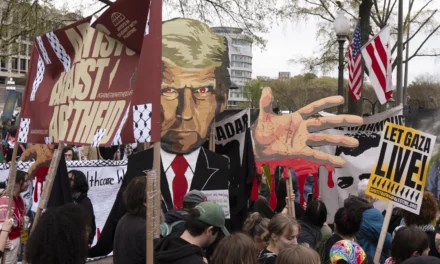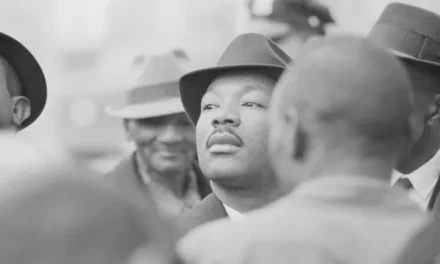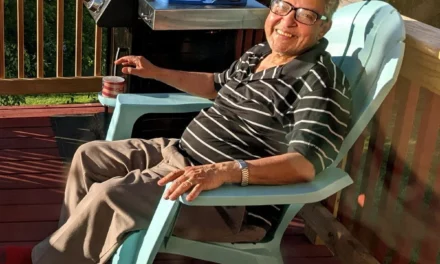Photo Courtesy of Ojala Foundation
CHICAGO – “Ojala” is a word in Spanish that translates to the idea of hope and it is also the vision of a Muslim nonprofit that gives back to the city for the cause of faith.
Ojala Foundation is home to many of Chicago’s Latino Muslims and offers a comfort of heritage and community for a cultural minority in a rapidly evolving religion.
Christopher Abdulkareem Pavlicek is the group’s co-founder.
“(We offer people) A place to bring their family and friends, a way of speaking that they are familiar with,” he said. “(We) focus on local needs.”
From offering prayers in grocery store parking lots to engaging in group clean-ups across the West Side, Ojala looks to nurture the very communities that raised them.
“I can give back to my city but still love my faith,” Pavlicek said.
In 2018, Pavlicek saw a need to strengthen the ongoing efforts of the Latino Muslims of Chicago, an organization that has been actively working to bring awareness to the Latino-Muslim community while also fostering positive change.
“People would ask us what church we were from. We would say ‘No, we’re Muslim.’ And they would still ask us to pray for them,” Pavlicek said.
The organization works all over the city, connecting with the communities through food, language and finding common ground in humanity.
“We can work with people in Little Village and Pilsen because we can speak in Spanish. We connect with our people through cooking ethnic foods. We’re just Muslim,” Pavlicek said.
When co-founder Alma Campos became Muslim over 20 years ago, she wanted to embrace her religion while cherishing her cultural identity.
“Having a space where you are understood is so important,” she said. “I am Muslim, and I am Latina. You can’t change who I am. Family would ask me, ‘Are you still Mexican?’”
Campos said she is honored to be Muslim and Mexican.
“Islam enhanced and strengthened all the beautiful traits of my heritage,” Campos said.
Ojala Foundation provides resources in English and in Spanish to educate the public on Islam. The cofounders shared that the connection between Islam and culture was hard to break.
“This is a faith, not a culture,” Pavlicek said.
With no real established space, the group meets in parking lots of grocery stores, mosques and community centers for the cause of religion and community service. But they have plans to open their own center.
Ojala hosted multiple iftars to break fasts and Eid celebrations for Latino Muslims and new Muslims who may be spending the holy month of Ramadan alone.














